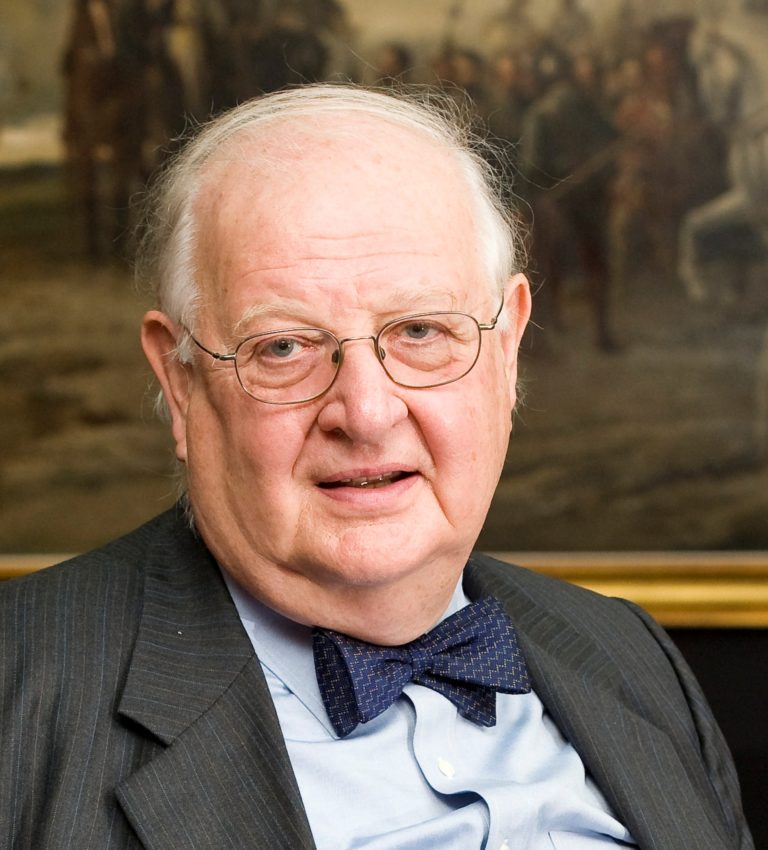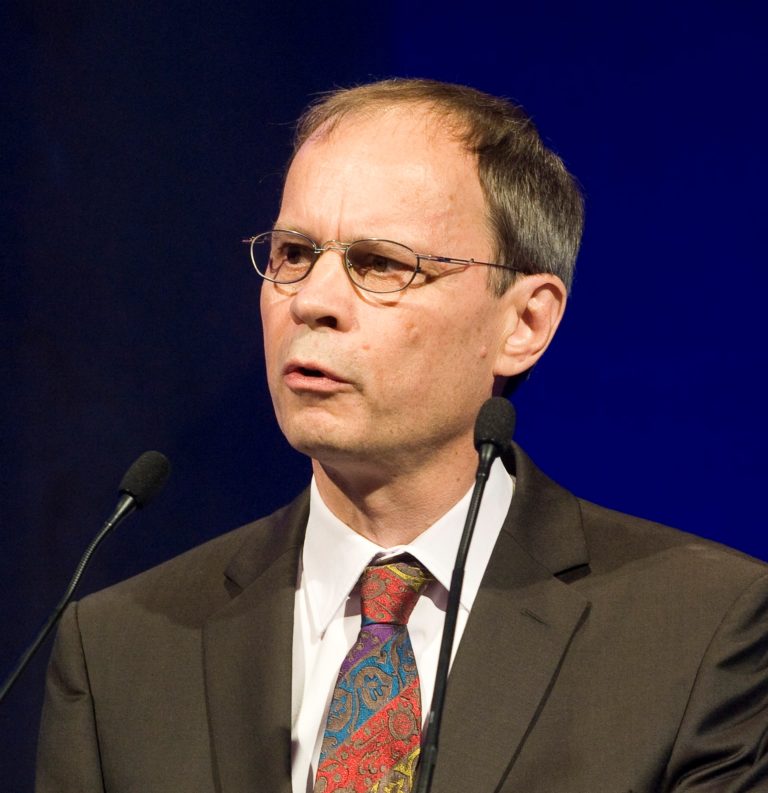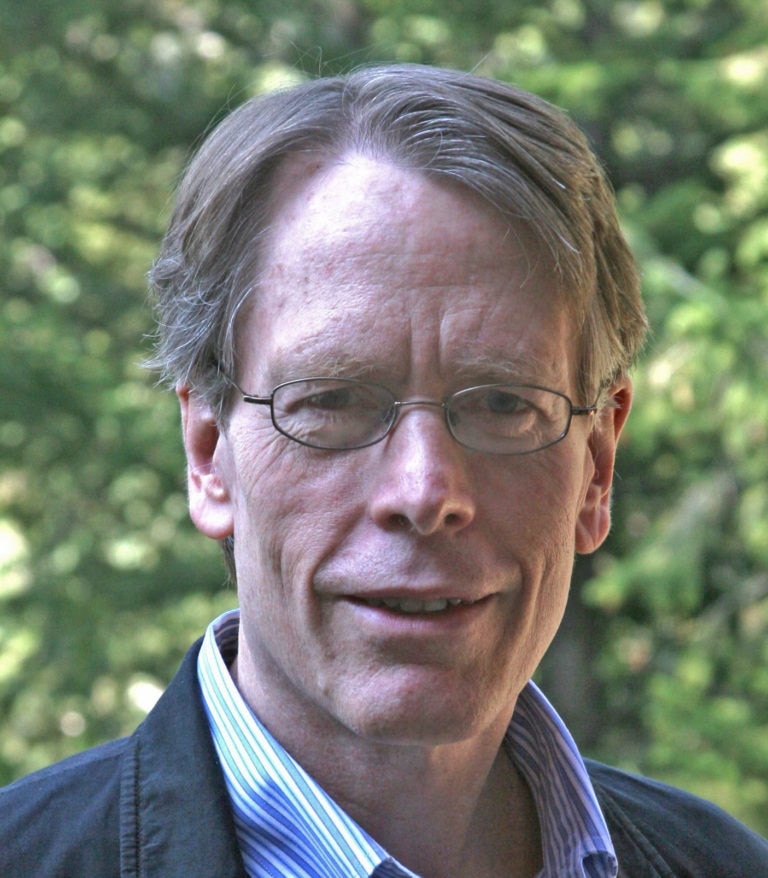Frontiers awards give clues for the next Nobel prize
In the past three years the Nobel prize has been awarded to three economists who had previously received the Frontiers of Knowledge Award: Angus Deaton, Jean Tirole and Lars Peter Hansen. In just eight editions, these awards bestowed by the BBVA Foundation have been able to identify the contributions and distinguish the researchers who, months or years later, would achieve the most prestigious award in the world.

The BBVA Foundation has announced the winner of the eighth edition of the Frontiers Award in Economics today: US Economist Robert Wilson . Manuel Arellano, a member of the award jury in several editions and professor at the Center for Monetary and Financial Studies of the Bank of Spain, explains this ability shown by the Frontiers awards to become the prelude to the Nobel prize, "We've all been aware since the inaugural year, that by participating at the creation of the awards, we had an additional responsibility to establish its reputation and that we could not take the easy route by awarding the most popular, the most media friendly or what is easy to explain. We place full emphasis on the importance of the awarded contribution."
This is precisely the big difference between the Frontiers awards and the Nobel prizes. The BBVA Foundation Awards do not recognize the research career of a person but rather a specific contribution that has progressed the boundaries of human knowledge.
This ability to identify the ideas and discoveries that change the world is not limited to the area of Economics. The Frontiers also awarded the work oftwo Nobel prize winners in the field of biomedicine, Shinya Yamanaka and Robert Lefkowitz, several years before it was recognized by the Swedish Academy of Sciences.
Other Frontiers award winners in the lists of favorites for the Nobel prize
Returning to the field of economics, the names of the Frontiers award winners Paul Milgrom, David Card, Elhanan Helpman and Richard Blundell have several times been on the list of favorites to win the Nobel prize prepared by, with a high rate of success in his predictions, Thompson Reuters. Specifically, Blundell was the clear favorite for the award last year that was finally given to Angus Deaton.
The BBVA Foundation Frontiers of Knowledge Awards have a budget of 3.2 million euros in eight categories: Climate change; Technology of Information and Communication; Basic Sciences; Biomedicine; Ecology and Conservation Biology; Contemporary Music; Economy, Finance and Management; and Development Cooperation.
Angus Deaton

Professor at the University of Princeton (USA), Angus Deaton was awarded the BBVA Foundation Frontiers of Knowledge Award 2011 for his "fundamental contributions to the theory of consumption and savings, as well as the measurement of economic welfare".
Deaton has also developed a benchmark methodology for measuring poverty levels, "thus making it possible to assess the impact of economic policies on the most disadvantaged sectors of society." In 2015 he received the Nobel Prize in Economics for this work.
Jean Tirole

Jean Tirole, President of the Jean-Jacques Laffont Foundation at the Toulouse School of Economics (France), was awarded the prize from the BBVA Foundation in its inaugural edition (2008), for his "economic analysis of optimal contracts and optimal design of public policies in a variety of contexts in which the asymmetry of information and conflicting incentives play a key role, such as regulation, corporate finance and the analysis of economic organizations".
His work was also honored for addressing economic challenges such as global warming and problems such as policies and regulations regarding competition or labor market reforms. He received the Nobel Prize in Economics in 2014.
Lars Peter Hansen

Lars Peter Hansen is a professor at the University of Chicago and was awarded the Frontiers Award 2010 "for his fundamental contributions to the understanding of how economic agents are facing changing environments and risk."
Jurors also noted that "his work has been the basis for much of the contemporary empirical research in the field of financial economics." His research has been key to understanding how the prices of financial assets are formed by integrating the behavior of financial markets with macroeconomics. In 2013, he received the Nobel Prize in Economics.